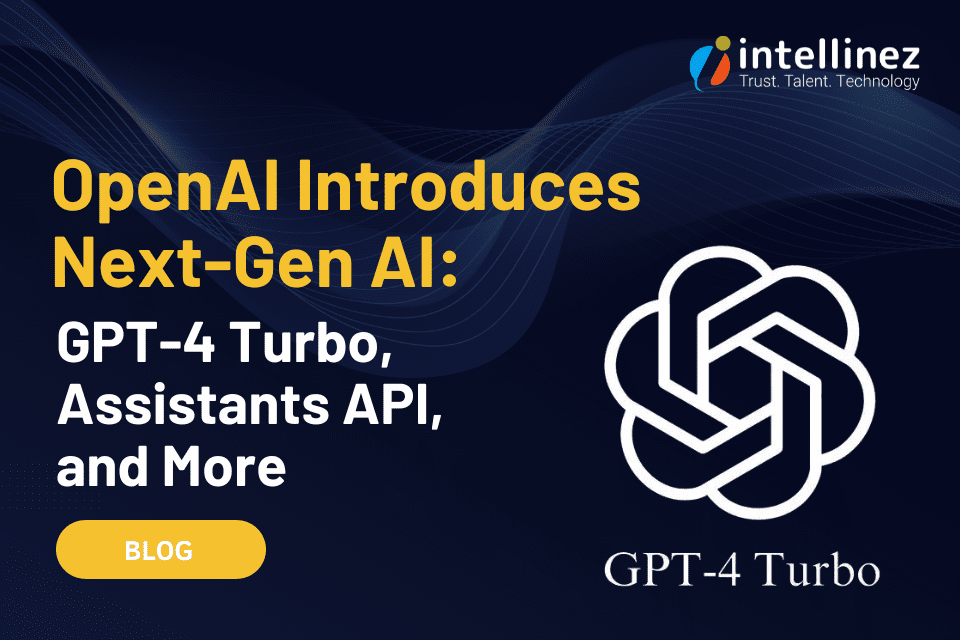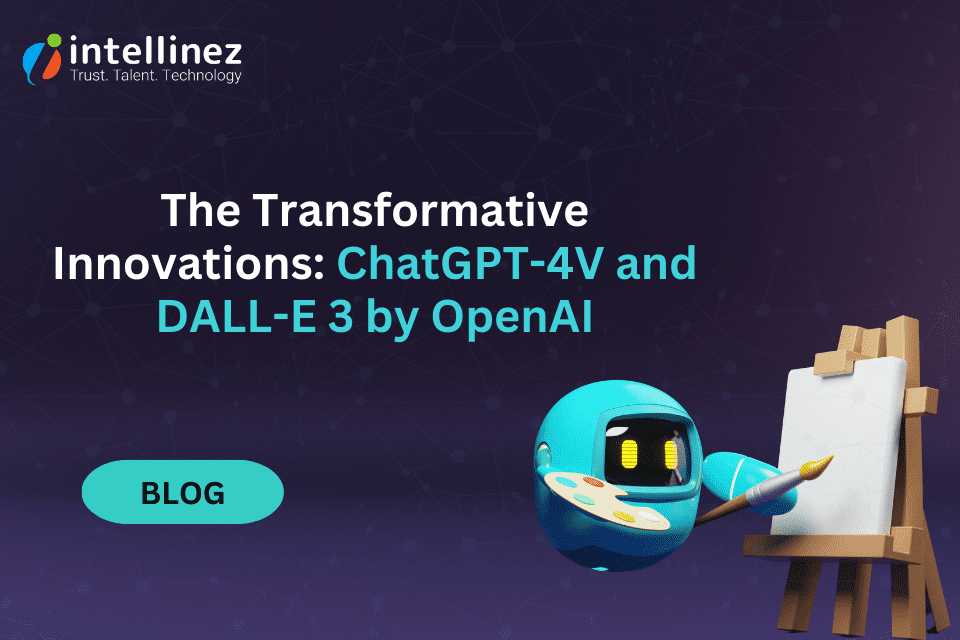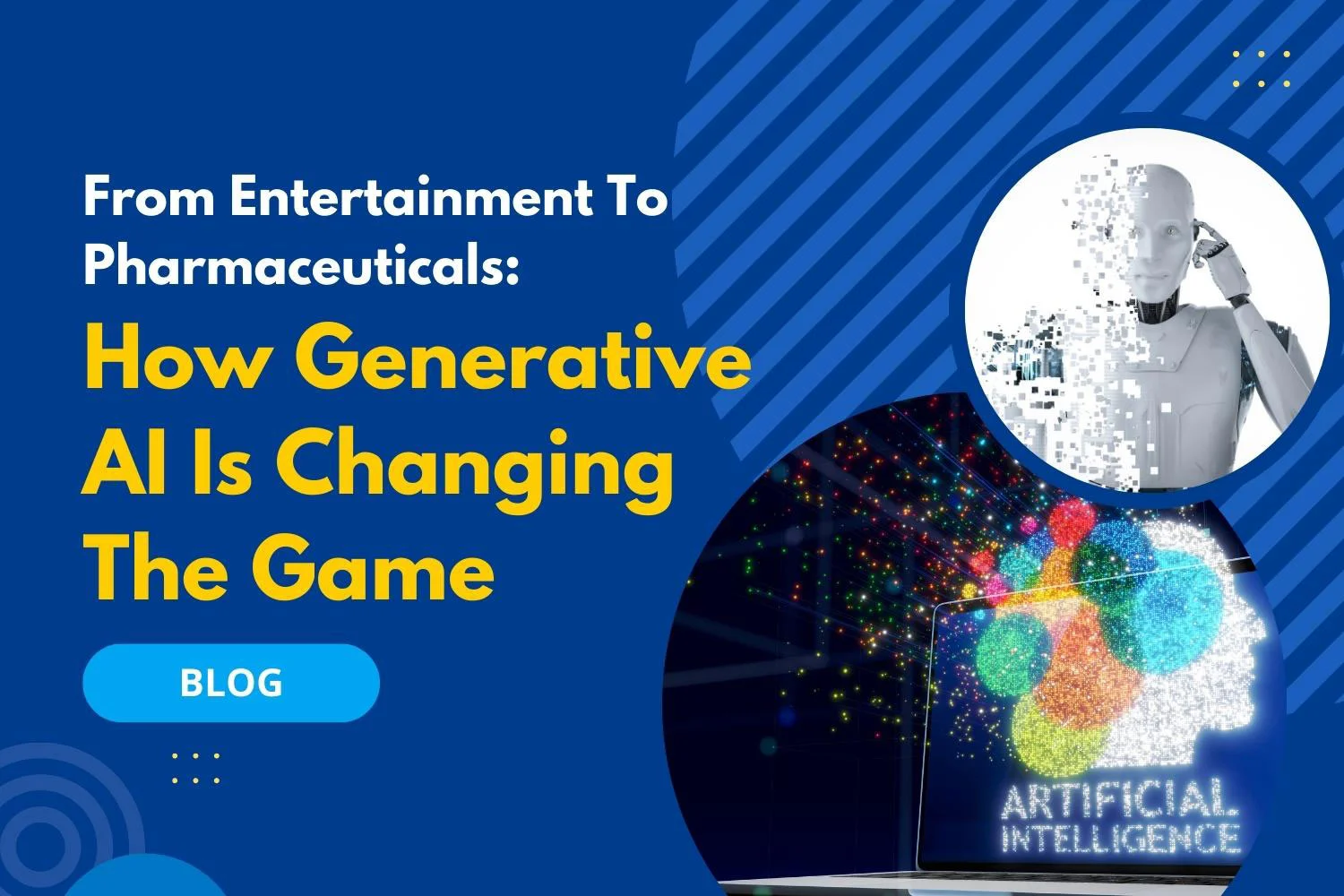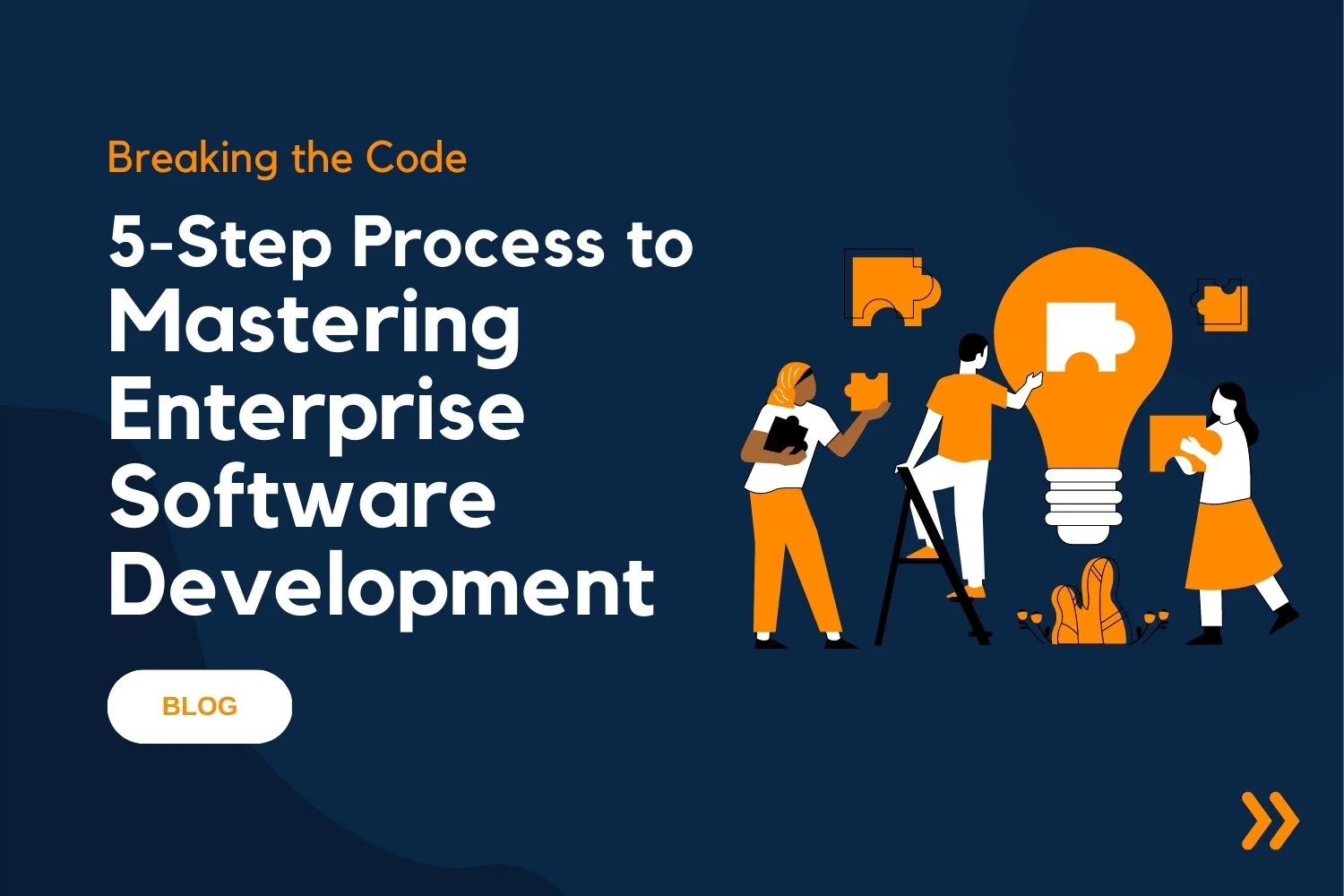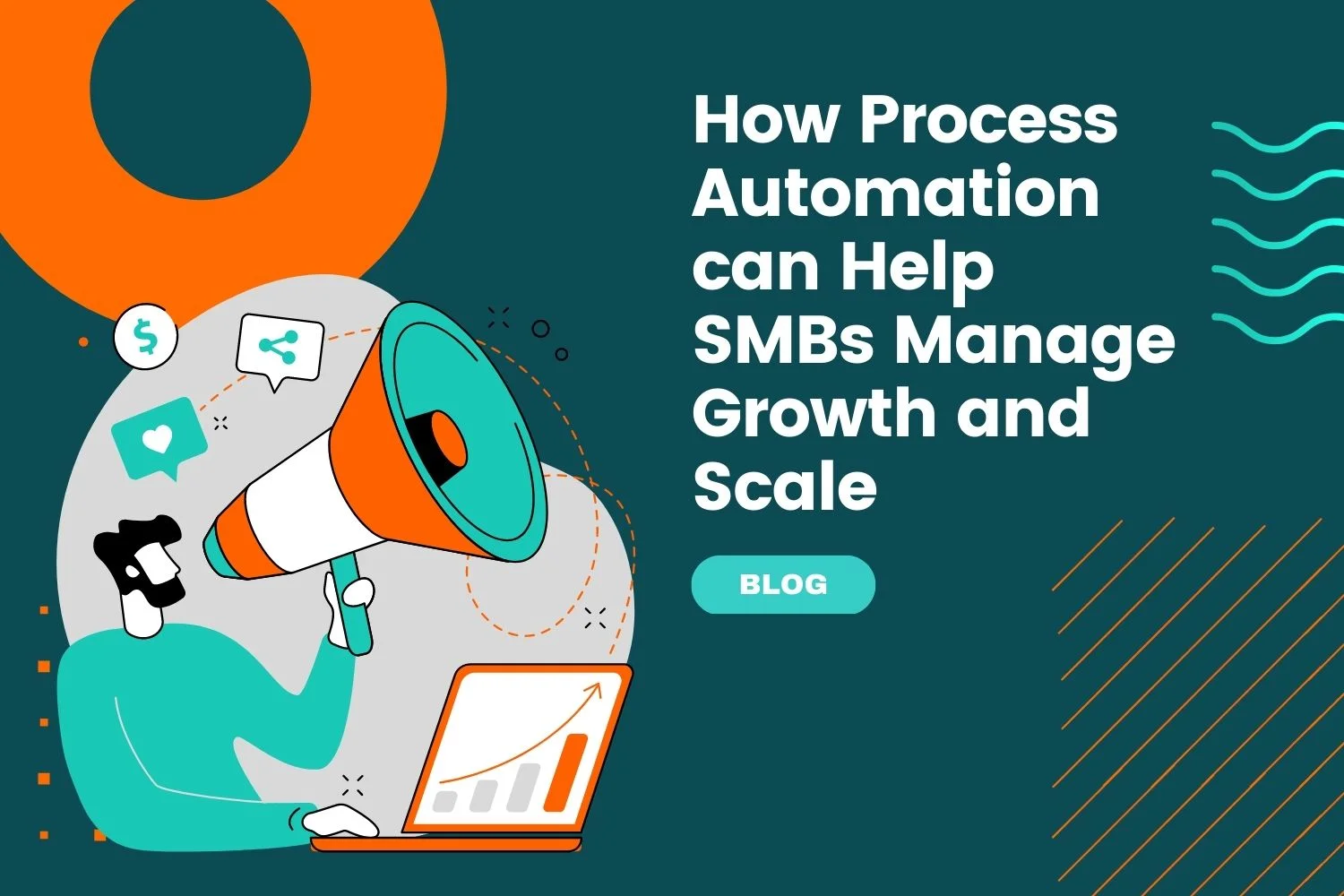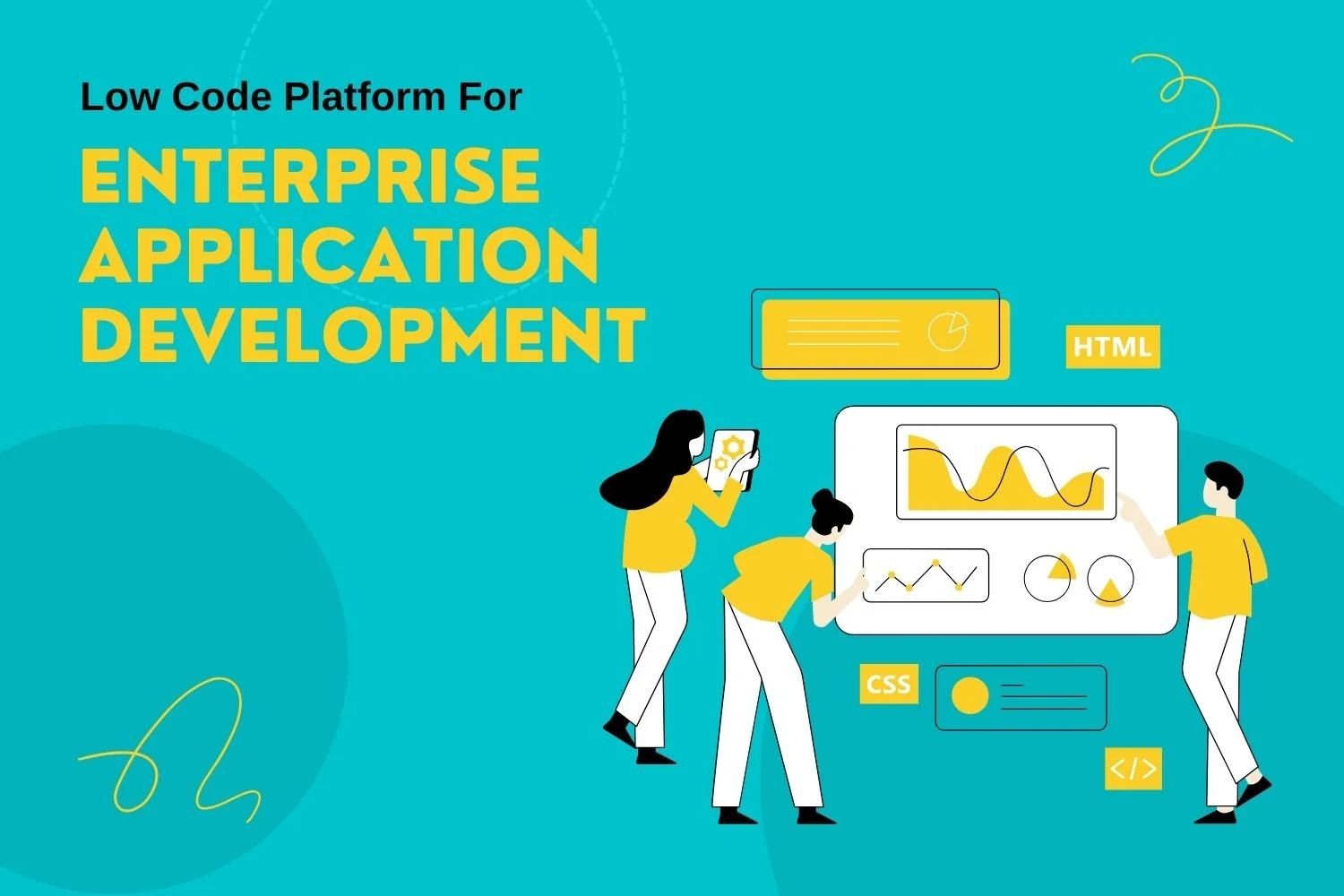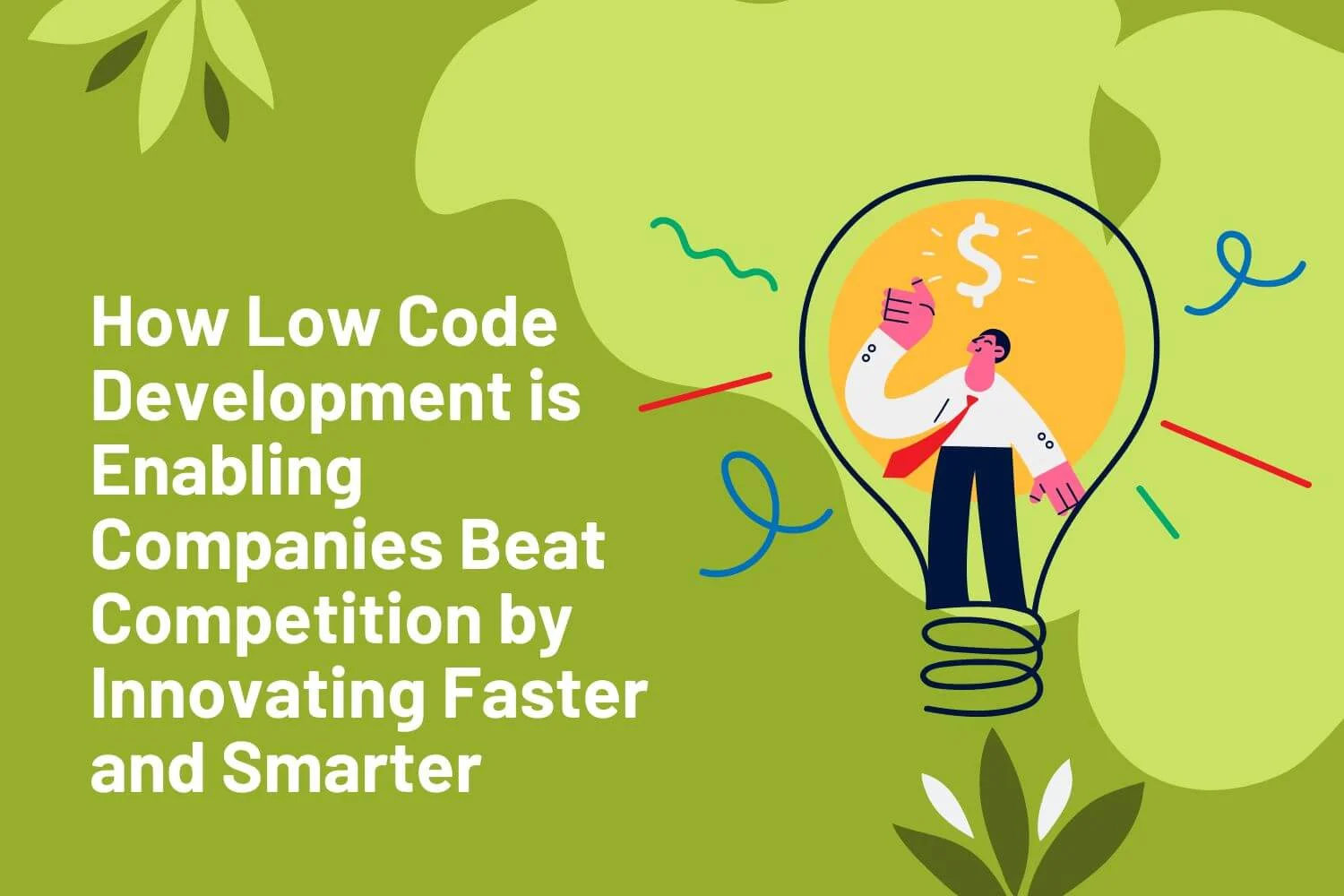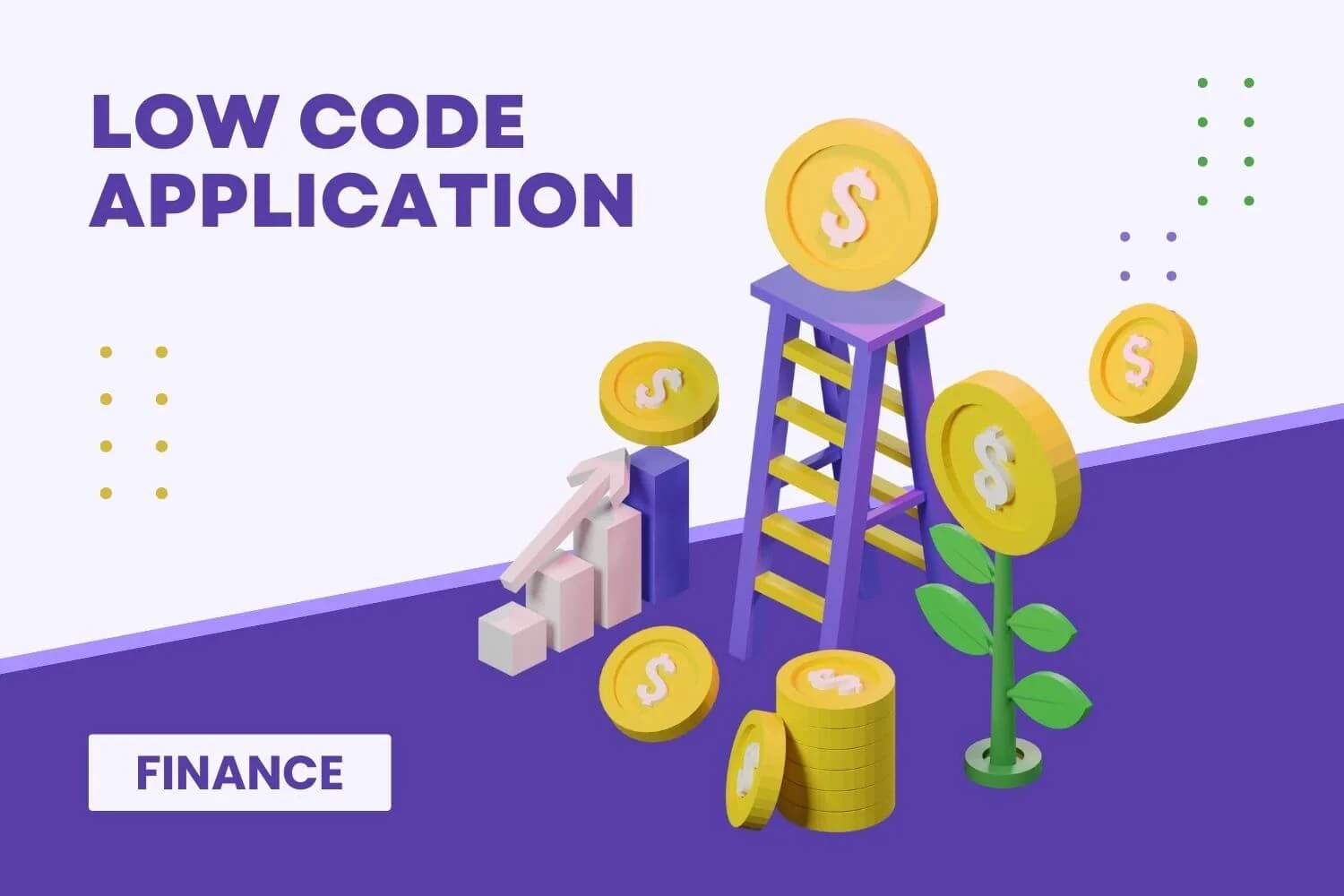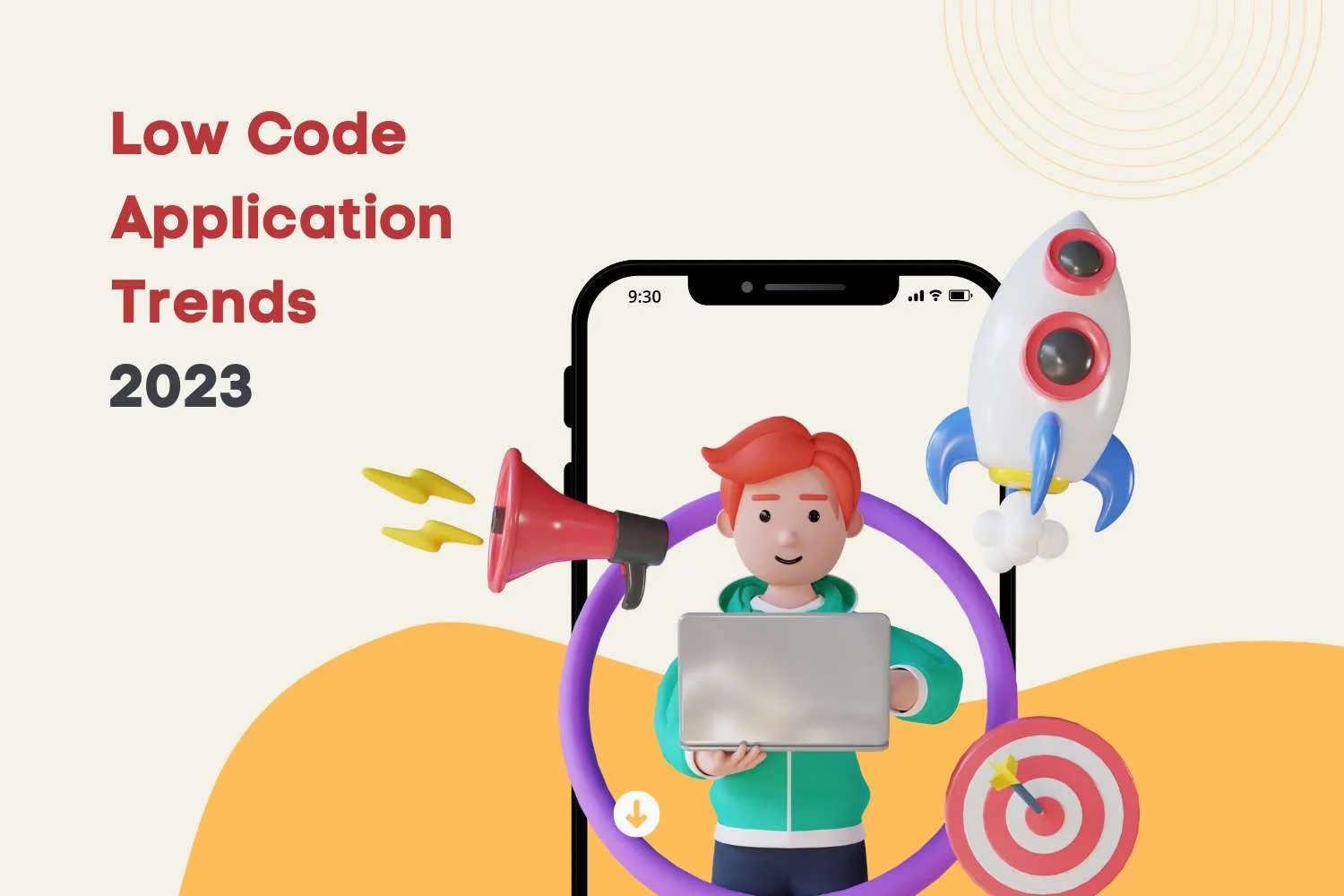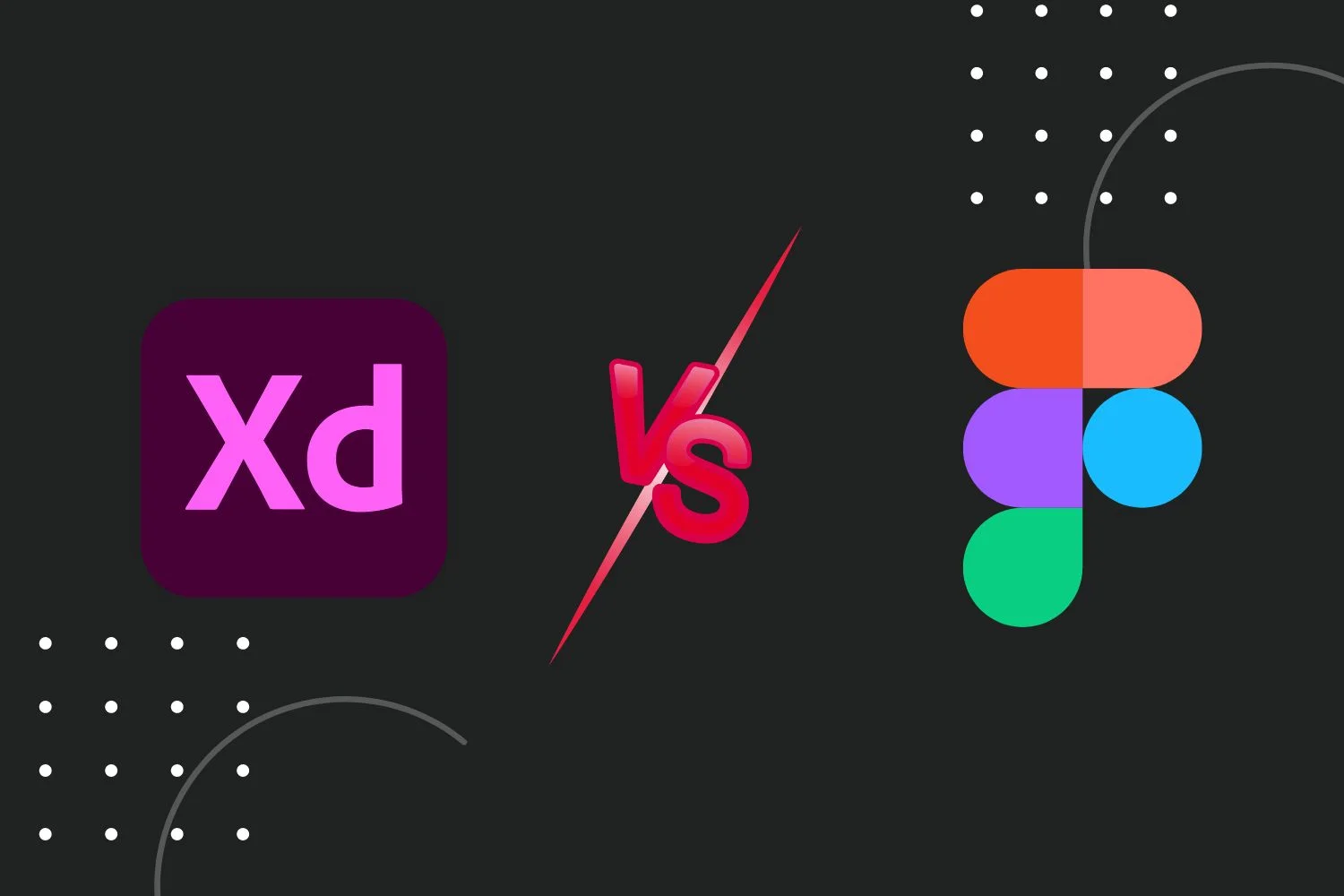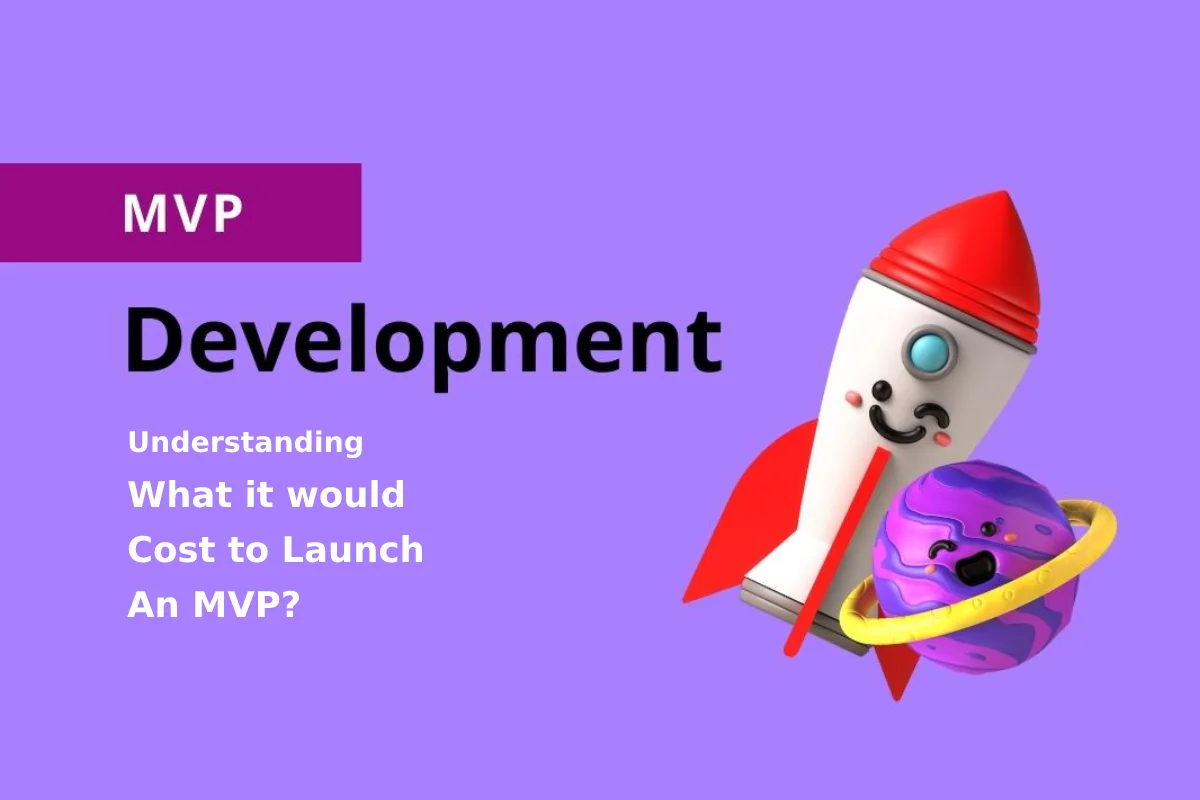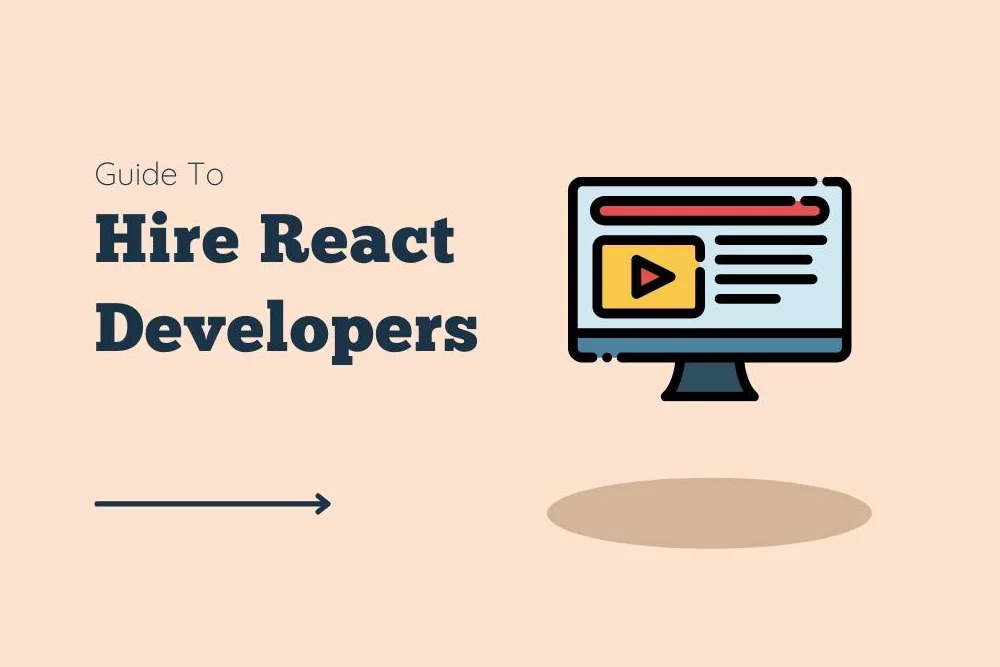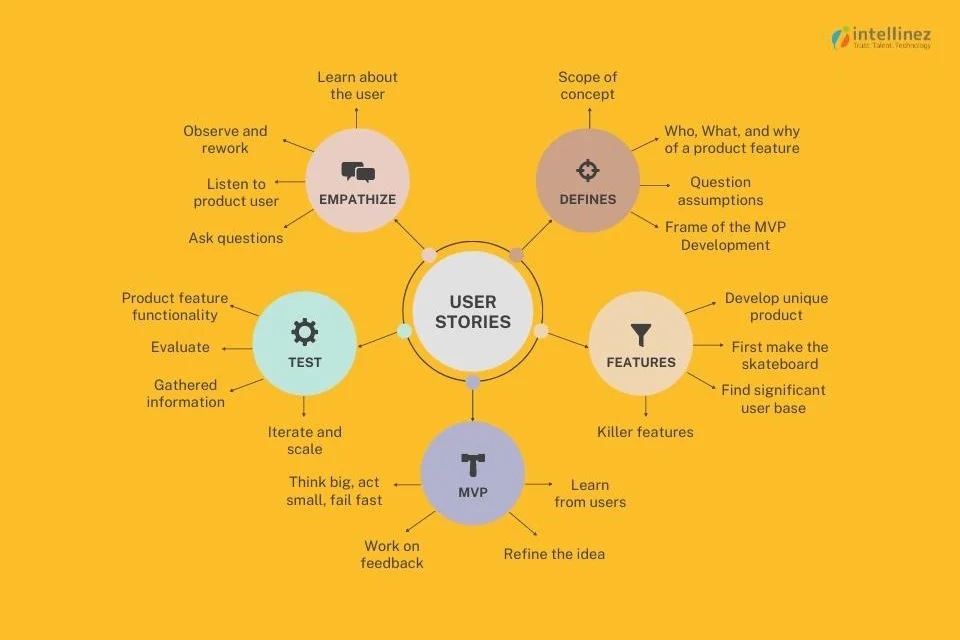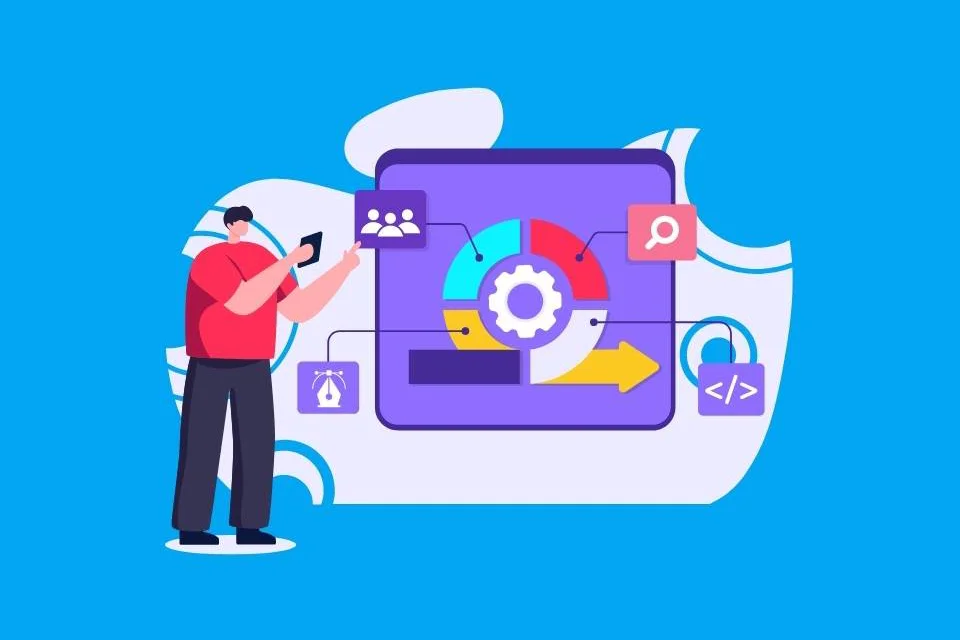Table of Contents
In the rapidly evolving world of software development, AI-powered tools are redefining how apps are built – making coding faster, smarter, and more accessible than ever before. As we explored in the first blog, artificial intelligence is lowering barriers to software creation by assisting with everything from writing individual lines of code to generating entire applications.
As per Statista, most users leverage AI assistants to either generate code or ask general questions related to software development. Broadly speaking, AI-powered development tools fall into two main categories:
- AI Code Editors – These tools, such as GitHub Copilot, Cursor, and Zed, act as AI-powered assistants, helping developers write, debug, and optimize code in real time. They enhance productivity by automating repetitive tasks, suggesting improvements, and catching errors early.
- AI Full-Stack Generators – Platforms like v0, Replit, and Bolt go a step further, enabling users to build entire applications from simple text prompts. These tools generate front-end components, back-end logic, and database integrations, dramatically accelerating the development process.
This blog focuses on the first category, i.e., AI Code Editors – which are the best ones to use, how they work, when to use them, and their impact on modern software development. We’ll explore their benefits, showcase real-world use cases, and examine their limitations. But AI-assisted development doesn’t stop at writing and debugging code. What if AI could build an entire app for you? Stay tuned for the next blog in the series, where we’ll dive into AI Full-Stack Generators and explore how artificial intelligence is pushing the boundaries of software creation.
In case you’re landing right here, you can check out the first blog in the series, ai-powered development tools. So now that’s out of the way, let’s march ahead!
Section 1: What are AI Code Editors?
AI code editors are intelligent development environments that leverage artificial intelligence to assist developers in writing, debugging, and optimizing code. Unlike traditional text editors or integrated development environments (IDEs), these AI-powered tools go beyond basic syntax highlighting and static code analysis. They actively analyze code in real time, providing context-aware suggestions, detecting errors, and even refactoring code to improve efficiency.
AI code editors are designed to enhance developer productivity by reducing manual effort in routine tasks while ensuring better code quality. Whether you are a solo developer or part of a large engineering team, these tools can significantly speed up development workflows and minimize time spent on debugging.

How AI Code Editors Work?
At their core, AI code editors use machine learning models trained on vast datasets of existing code. These models analyze patterns, syntax structures, and best practices to generate intelligent suggestions. Here’s how they assist developers at different stages of coding:
Stage 1 – Real-Time Code Suggestions
AI-powered editors predict and autocomplete code as developers type, offering entire function implementations or completing partially written lines based on context. Unlike basic autocomplete features in traditional code editors, AI-driven suggestions are more advanced, taking into account the project’s existing codebase and dependencies.
Stage 2 – Automated Debugging and Error Detection
AI code editors analyze code for potential errors, suggesting fixes before the developer even runs the program. Some tools can identify logical errors and security vulnerabilities, preventing issues before they become major bugs.
Stage 3 – Code Refactoring and Optimization
Artificial intelligence can suggest ways to improve code efficiency, restructure functions for better readability, and eliminate redundant lines. Some tools provide insights on performance optimizations, making the code run faster and consume fewer resources.
Stage 4 – Chat-Based Debugging and Natural Language Interactions
Some AI code editors include conversational AI that allows developers to ask questions in natural language. Developers can describe a problem in plain English – or French or Hindi, maybe – and the AI suggests solutions or provides explanations, reducing the time spent searching for documentation.
Key Benefits of AI Code Editors
AI code editors are more than just productivity boosters – they fundamentally change how developers write, debug, and optimize code. By leveraging machine learning and real-time analysis, these tools streamline coding workflows, reduce errors, and automate repetitive tasks. Whether you’re a seasoned developer looking to speed up development or a beginner aiming for cleaner, more efficient code, AI-powered editors provide significant advantages. Here’ how they enhance the coding experience:
1. Write Clean, Optimized Code Faster
AI suggestions help developers follow best coding practices, reducing the chances of writing inefficient or error-prone code. Automated formatting ensures consistency across projects.
2. Reduce Debugging Time with AI-Assisted Issue Detection
By identifying syntax errors, logical flaws, and security vulnerabilities early, AI code editors save hours of manual debugging. Some tools provide one-click fixes, allowing developers to resolve issues instantly.
3. Automate Repetitive Coding Tasks
AI code editors generate boilerplate code, reducing the need for developers to manually write repetitive functions. This allows developers to focus on higher-level logic and problem-solving rather than typing out standard code structures.
4. Improve Code Quality Through AI-Driven Best Practices
AI-powered tools enforce clean coding standards, making sure the code is readable, maintainable, and efficient. They can suggest modern coding patterns and eliminate outdated or inefficient practices.
AI code editors are rapidly transforming how developers work by making coding faster, smarter, and more efficient. As these tools continue to evolve, they are becoming indispensable assets for developers who want to enhance productivity without compromising code quality.
Section 2: The Best AI Code Editors
AI code editors are reshaping software development by enhancing productivity, automating repetitive tasks, and reducing debugging time. While several AI-powered tools exist, 9 stand out for their unique capabilities and developer-focused features. Below is a breakdown of the best AI code editors, their key strengths, and how they work:

1. Cursor – Context-Aware AI Code Editing
Website – https://www.cursor.com/
Best For – Developers Working on Large-Scale Projects Who Need Deep AI-Powered Context Assistance
Cursor is a modern AI-driven code editor designed to provide highly relevant, context-aware code suggestions. Unlike basic autocomplete tools, Cursor understands the project’s structure, dependencies, and coding patterns to offer intelligent recommendations that align with the existing codebase.
Key Features of Cursor:
- AI-Powered Inline Code Suggestions – Cursor analyzes the entire project structure to generate precise, real-time code completions that seamlessly fit into ongoing work.
- Chat-Based Debugging for Quick Issue Resolution – Developers can interact with the AI assistant in natural language, asking for help with errors, debugging, and code refactoring.
- Optimized for Large-Scale Projects – Cursor is particularly beneficial for complex apps with multiple dependencies, making it easier to maintain clean and efficient code across vast codebases.
Why Use Cursor?
For developers managing extensive codebases, Cursor acts as an intelligent assistant that not only suggests code but also understands the broader project context. This makes it ideal for professionals who need deep AI-powered insights to maintain project integrity and efficiency.
2. GitHub Copilot + VS Code – AI Pair Programmer
Website – https://github.com/features/copilot
Best For – Developers Who Use VS Code and Want Powerful AI-Driven Autocomplete and Function Generation
GitHub Copilot – powered by OpenAI’s Codex model – is one of the most widely used AI coding assistants. It seamlessly integrates with VS Code, JetBrains, and other leading integrated development environments, acting as an AI-powered pair programmer that suggests complete lines of code, functions, and even entire implementations.
Key Features of Copilot in VS Code:
- AI-Generated Code Suggestions in Real Time – Copilot predicts and completes code as developers type, making development faster and more efficient.
- Context-Aware Responses Based on Entire Project Files – The AI understands surrounding code and suggests functions that align with the project’s overall structure.
- Supports Multiple Programming Languages – Works with Python, JavaScript, TypeScript, Go, Ruby, C++, and more, making it versatile across different tech stacks.
Why Use VS Code with GitHub Copilot?
Copilot is an excellent choice for developers who want to speed up their coding process while maintaining best practices. Its deep integration with VS Code and support for multiple languages make it a must-have tool for software engineers looking for an AI-powered productivity boost.
3. Zed – AI-Driven Collaborative Editor
Website – https://zed.dev/
Best For – Teams and Developers Who Want AI-Powered Real-Time Collaboration
Zed is a next-generation code editor built for high-speed, AI-enhanced development with a strong focus on team collaboration. Created by former Atom and GitHub engineers, Zed is designed for developers working in distributed teams, providing seamless real-time coding capabilities.
Key Features of Zed:
- AI-Assisted Code Navigation and Search – Zed’s AI-powered search helps developers quickly locate functions, files, and dependencies within large codebases.
- Real-Time Collaboration – Similar to Google Docs but for code, multiple developers can work on the same file simultaneously, making it ideal for remote teams.
- Performance-Optimized for Large Projects – Zed is designed for speed, ensuring that even massive codebases remain responsive and easy to navigate.
Why Use Zed?
Zed is ideal for teams that need a fast, AI-enhanced collaborative coding environment. Whether working on open-source projects or enterprise applications, Zed allows developers to work together more efficiently while benefiting from AI-powered assistance.
4. Windsurf – Lightweight AI-Powered Code Editor
Website – https://codeium.com/windsurf
Best For – Developers Who Need Fast, Lightweight AI Code Support
Windsurf is a lightweight AI-powered code editor built for speed and efficiency. Unlike feature-heavy IDEs, Windsurf focuses on providing intelligent AI support without the overhead of a bulky interface, making it perfect for developers who prioritize quick prototyping and rapid iteration.
Key Features of Windsurf:
- AI-Powered Syntax and Logic Error Detection – Windsurf helps developers catch common mistakes before they become major issues, reducing debugging time.
- Code Optimization for Better Performance – AI suggests improvements that enhance code readability, maintainability, and execution speed.
- Built for Speed and Efficiency – Windsurf’s lightweight nature ensures a smooth development experience, especially for quick coding tasks.
Why Use Windsurf?
For developers who need an AI-powered coding assistant without the complexity of a full-fledged IDE, Windsurf provides a fast and reliable solution. It is especially useful for those who work on rapid development cycles and need a lightweight, AI-enhanced tool.
5. Tabnine – AI Code Completion for Multiple IDEs
Website – https://www.tabnine.com/
Best For – Developers Looking for AI-Assisted Code Completion Across Multiple IDEs
Tabnine is an AI-powered coding assistant that enhances developer productivity by providing intelligent code completions. Unlike standard autocomplete tools, the AI code editor leverages machine learning to predict entire lines or functions based on context, significantly reducing typing effort and improving code consistency. With support for a huge variety of IDEs, it seamlessly integrates into existing workflows while prioritizing privacy and security.
Key Features of Tabnine:
- AI-Driven Autocomplete for Functions, Variables, and Entire Code Blocks – Provides relevant suggestions based on coding patterns.
- Works with VS Code, JetBrains, Sublime Text, and Other Popular Code Editors – Offers broad compatibility for different development environments.
- Can be Trained on Private Codebases – Enables personalized AI suggestions tailored to specific projects.
- Focuses on Security and Privacy – Offers an on-device AI model to keep sensitive code private.
Why Use Tabnine?
Tabnine is an excellent choice for developers who want an AI-powered autocomplete tool that balances performance with security. Its ability to train on private repositories makes it ideal for teams handling proprietary code, while its broad IDE support ensures flexibility across different workflows.
6. Codeium – Free AI-Powered Code Autocomplete
Website – https://codeium.com/
Best For – Developers Looking for a Free Alternative to GitHub Copilot
Codeium is a free AI-driven code completion tool designed to speed up development across multiple programming languages. Unlike paid AI coding assistants, the AI code editor offers robust autocomplete features at no cost, making AI-powered coding more accessible to individual developers and teams. With cross-IDE compatibility and intelligent inline suggestions, the AI coding tool helps reduce manual coding effort while improving code quality.
Key Features of Codeium:
- AI-Driven Code Completions for Multiple Languages – Supports a galore of programming languages, including Java, JavaScript, and Python.
- Works with VS Code, JetBrains, Vim, and Other IDEs – Ensures seamless integration across different development environments.
- Free for Individual Developers – Provides AI-assisted coding without a subscription.
- Context-Aware Inline Suggestions – Generates code recommendations based on project structure.
Why Use Codeium?
For developers who want AI-powered coding assistance without the cost of a subscription, Codeium comes among the best GitHub Copilot alternatives. Its support for multiple IDEs and free access makes the AI code editor a great option for both hobbyists and professionals looking to speed up their workflow.
7. Amazon Q Developer – AI Coding Assistant for AWS Developers
Website – https://aws.amazon.com/q/developer/
Best For – Developers Working on Cloud-Based Applications, Especially Within AWS
Amazon Q Developer is an AI-powered coding assistant designed to streamline development for AWS-based apps. Unlike general-purpose AI coding tools, Amazon Q Developer is optimized for cloud environments, offering intelligent code suggestions that align with AWS best practices. It also includes built-in security scanning to identify vulnerabilities, making it particularly valuable for enterprise and cloud-native development.
Key Features of Amazon Q Developer:
- AWS-Optimized AI-Powered Code Generation – Suggests code tailored to AWS Lambda, DynamoDB, S3, and other cloud technologies.
- Security Scanning for AI-Generated Code – Identifies potential vulnerabilities before deployment.
- Supports Java, JavaScript, Python, and Other Cloud-Focused Languages – Works with commonly used cloud development stacks.
- Seamless Integration with AWS Development Tools – Enhances productivity withing the AWS ecosystem.
Why Use Amazon Q Developer?
For developers who want to build cloud apps, Amazon Q Developer provides AI-generated recommendations specifically optimized for Amazon Web Services. Its inbuilt security features help teams write safer code, making it an excellent choice for enterprises and startups developing cloud-native applications.
8. JetBrains AI Assistant – AI-Powered Coding for JetBrains IDEs
Website – https://www.jetbrains.com/ai/
Best For – Developers Using JetBrains IDEs Like IntelliJ IDEA, PyCharm, and WebStorm
JetBrains AI Assistant is a built-in AI-powered coding assistant for JetBrains IDEs, offering deep integration with tools like IntelliJ IDEA, PyCharm, and WebStorm. Unlike external AI code completion tools, JetBrains AI Assistant is tailored specifically for JetBrains environments, providing intelligent code suggestions, automated refactoring, and interactive debugging support.
Key Features of JetBrains AI Assistant:
- AI-Generated Code Completions and Inline Suggestions – Helps developers write code faster with real-time AI assistance.
- AI-Assisted Refactoring and Error Detection – Automatically suggests improvements to enhance code readability and efficiency.
- Chat-Based Interactions for Explaining and Improving Code – Allows developers to ask for explanations or request AI-generated improvements.
- Deep Integration with JetBrains’ Suite of Development Tools – Provides a seamless AI-powered experience with JetBrains IDEs.
Why Use JetBrains AI Assistant?
If you’re already using JetBrains IDEs, this AI assistant enhances productivity by providing intelligent recommendations specifically optimized for JetBrains’ ecosystem. Its deep integration ensures a smooth workflow, making it a valuable tool for developers who rely on JetBrains tools for software development.
9. Aider.Chat – AI-Powered Pair Programming via Git
Website – https://aider.chat/
Best For – Developers Who Want AI-Powered Code Assistance Integrated Directly into Their Git Workflow
Aider.Chat is a command-line-based AI coding assistant designed to work seamlessly with Git. Unlike traditional AI code editors that focus solely on autocomplete and inline suggestions, Aider.Chat helps developers edit, refactor, and improve their code while keeping all changes tracked in version control. By interacting with Git, it ensures that AI-assisted modifications are structured, documented, and easy to manage across a team.
Key Features of Aider.Chat:
- AI-Driven Code Editing and Refactoring Through Git Commits – Aider.Chat suggests and applies code changes while maintaining a clean Git history.
- Works via a Command-Line Interface – Lightweight and efficient, the AI code editor eliminates the need for a bulky IDE.
- Context-Aware AI that Understands Code Changes Across Multiple Files – Enhances consistency and helps manage large-scale code modifications.
- Seamless Integration with Git Repositories – Ensures all AI-generated edits are properly version-controlled and can be easily reviewed or reverted.
Why Use Aider.Chat?
Aider.Chat is ideal for developers who prefer a structured, version-controlled approach to AI-assisted coding. By leveraging Git, it allows teams to incorporate AI-generated improvements without disrupting workflows, making it a great tool for collaborative coding, maintaining clean commit histories, and working on large-scale projects with multiple contributors.
Section 3: AI Code Editors in Action – Real-World Use Cases
AI-powered code editors are not just theoretical tools – they are actively helping developers streamline workflows, reduce development time, and improve code quality. Below are two real-world case studies demonstrating how AI code editors accelerate development by handling complex coding tasks with minimal effort.

Case Study 1: Stripe Checkout Integration Using GitHub Copilot
Challenge: A developer working on a webapp needed to integrate Stripe Checkout to enable seamless payment processing. However, setting up a payment gateway often involves handling API calls, configuring authentication, and ensuring security compliance. Without AI assistance, this process could take hours, requiring careful attention to API documentation and extensive testing.
Solution: Using GitHub Copilot, the developer received instant, optimized code snippets for integrating Stripe’s API. The AI-powered code editor suggested the necessary configurations, API calls, and error-handling mechanisms, ensuring a smooth and secure payment setup.
Example of AI-Suggested Code for Stripe Integration:
const stripe = require(‘stripe’)(‘your_secret_key’);
const express = require(‘express’);
const app = express();
app.post(‘/create-checkout-session’, async (req, res) => {
const session = await stripe.checkout.sessions.create({
payment_method_types: [‘card’],
line_items: [{
price_data: {
currency: ‘usd’,
product_data: { name: ‘Product Name’ },
unit_amount: 2000,
},
quantity: 1,
}],
mode: ‘payment’,
success_url: ‘https://yourwebsite.com/success’,
cancel_url: ‘https://yourwebsite.com/cancel’,
});
res.json({ id: session.id });
});
app.listen(3000, () => console.log(‘Server running on port 3000’));
Impact:
- Reduced integration time from several hours to a few minutes, eliminating the need for manual API configuration.
- Ensured security and best practices by generating robust error-handling and authentication measures.
- Allowed the developer to focus on improving the user experience rather than debugging API issues.
Ref:
How to Implement a Stripe Checkout Using Bolt.new:
https://x.com/AtomSilverman/status/1879688539107172698
Case Study 2: OAuth Setup with AI Assistance (Using Bolt and an AI Code Editor)
Challenge: A startup founder needed to implement OAuth authentication to allow users to log in via Google, GitHub, and other third-party services. OAuth implementation is typically complex, requiring secure token handling, callback configuration, and API endpoint setup. Lacking deep expertise in authentication protocols, the founder faced a steep learning curve.
Solution: Using Bolt in combination with an AI Code Editor, the developer received step-by-step guidance for implementing OAuth. The AI-generated secure authentication flows, reducing the risk of security vulnerabilities while ensuring compliance with industry standards.
Example of AI-Suggested Code for OAuth Setup (with Node.js, Express, and Passport.js):
const express = require(‘express’);
const passport = require(‘passport’);
const GoogleStrategy = require(‘passport-google-oauth20’).Strategy;
passport.use(new GoogleStrategy({
clientID: ‘GOOGLE_CLIENT_ID’,
clientSecret: ‘GOOGLE_CLIENT_SECRET’,
callbackURL: ‘/auth/google/callback’
}, (accessToken, refreshToken, profile, done) => {
return done(null, profile);
}));
const app = express();
app.get(‘/auth/google’, passport.authenticate(‘google’, { scope: [‘profile’, ’email’] }));
app.get(‘/auth/google/callback’, passport.authenticate(‘google’, { failureRedirect: ‘/’ }), (req, res) => {
res.redirect(‘/dashboard’);
});
app.listen(3000, () => console.log(‘Server running on port 3000’));
Impact:
- Successfully implemented OAuth authentication without requiring deep security expertise.
- Ensured secure token handling and user authentication, reducing the risk of common vulnerabilities.
- Accelerated development by automating API configurations, allowing the startup to focus on core product features.
These case studies highlight how AI-powered coding tools like GitHub Copilot, Cursor, and Bolt can assist developer by:
- Generating ready-to-use code snippets for common integrations like authentication and payments.
- Reducing debugging time with AI-assisted error detection.
- Automating repetitive coding tasks, allowing developers to focus on user experience and innovation.
By leveraging AI-powered code editors, developers can build complex apps faster and more securely while minimizing time spent on tedious manual configurations.
Ref:
How to Implement OAuth in Bolt.new:
https://x.com/AtomSilverman/status/1879688542282285351
Section 4: The Good and the Bad – When AI Code Editors are Useful (and When They’re Not)
AI code editors offer incredible benefits, from speeding up development to automating repetitive tasks, but they are not without limitations. While they can be a powerful asset in many coding scenarios, there are cases where manual coding and human expertise remain essential. Below, we explore when AI-powered code editors shine and when they don’t.

When to Use AI Code Editors?
AI-powered code editors are best suited for tasks that involve efficiency, automation, and learning. Developers can leverage artificial intelligence to write code faster, reduce debugging time, and improve overall productivity.
1. Speeding Up Development
AI-generated code suggestions significantly accelerate workflows by predicting and completing code snippets in real time. This is especially useful when working under tight deadlines or when quickly prototyping an idea.
Example: A developer working on a React application needs a new state management function. Instead of writing it manually, an AI code editor suggests a properly formatted function, reducing coding time.
2. Writing Boilerplate Code
AI code editors are excellent at handling repetitive, template-based tasks, such as setting up API endpoints, writing standard CRUD operations, or generating class structures.
Example: Instead of manually writing repetitive database queries, an AI code editor can generate them automatically based on project patterns.
3. Debugging and Refactoring
AI-powered debugging tools help detect syntax errors, logic flaws, and performance bottlenecks, often suggesting instant fixes to improve code quality. AI can also assist in refactoring code by making it more readable, efficient, and maintainable.
Example: A developer gets a warning about an inefficient algorithm and receives an optimized AI-generated version that improves performance.
4. Learning and Upskilling
Junior developers or those new to a programming language can use AI-generated suggestions to understand coding patterns, best practices, and syntax structures. Artificial intelligence can act as an on-demand mentor, providing real-time assistance and explanations.
Example: A beginner struggling with list comprehension in Python gets an AI-generated, well-explained example, helping them learn more efficiently.
When AI Code Editors Fall Short
Despite their advantages, AI code editors have limitations. Artificial intelligence – as of now – lacks deep problem-solving intuition, domain-specific knowledge, and an understanding of unique business requirements. In critical situations, relying solely on AI-generated code can lead to errors, security vulnerabilities, or inefficiencies.
1. Complex Logic and Architecture
Artificial intelligence works best with predictable coding patterns, but it struggles with highly complex algorithms, system architecture, and deep logic problems that require human creativity and strategic thinking.
Example: A machine learning engineer designing a custom AI model architecture finds AI-generated suggestions insufficient for advanced optimizations.
2. Security and Compliance-Sensitive Code
AI-generated code is not always security-aware and may introduce vulnerabilities, improper authentication methods, or weak encryption techniques. Developers working on financial systems, healthcare apps, or security-sensitive platforms must manually review AI-generated code.
Example: An AI-generated OAuth authentication flow lacks proper security headers, creating a potential vulnerability in a web application.
3. Highly Customized Applications
AI code editors are trained on general programming patterns and struggle with unique, highly custom apps that don’t fit standard frameworks or best practices. When building something highly specialized, manual coding remains necessary.
Example: A developer working on an experimental blockchain protocol finds that AI-generated suggestions are irrelevant because the technology is too new and niche.
4. Edge Cases and Business Logic
Artificial intelligence does not inherently understand business rules, customer-specific logic, or edge cases that require human intuition. It may generate code that works functionally but does not align with the actual requirements of a project.
Example: An AI-generated pricing algorithm for an eCommerce website fails to account for discount rules, loyalty programs, and regional tax calculations, requiring extensive manual corrections.
Striking the Right Balance: AI + Human Expertise
AI code editors are valuable tools, but they work best when combined with human oversight. Developers should use artificial intelligence for efficiency and automation while applying their own expertise for architecture, security, and complex problem-solving. To sum it up:
Use AI for: Writing repetitive and boilerplate code, debugging, refactoring, and learning.
Avoid AI for: Security-critical applications, deep logic, unique architectures, and business-specific logic.
As AI technology evolves, its capabilities will improve, but for now, the best development approach is a hybrid one – leveraging AI while applying human expertise where it matters most.
Conclusion
AI code editors are transforming the way developers write, debug, and optimize code. By automating repetitive tasks, providing real-time suggestions, and improving code quality, these tools significantly boost productivity. Whether you’re a seasoned developer or just starting out, AI-powered editors offer a smarter, faster, and more efficient way to build software.
However, artificial intelligence is not a replacement for human expertise. While these tools excel at code completion, debugging, and boilerplate generation, they fall short in areas demanding complex logic, security-sensitive development, and business-specific problem-solving. The best results come from a hybrid approach – leveraging AI for efficiency while applying human judgement for critical decision-making.
As AI continues to evolve, developers who adapt and integrate artificial intelligence into their workflow will gain a significant competitive edge. Understanding how to balance AI automation with strategic thinking will be key to staying ahead in the rapidly changing landscape of software development.
What’s Next? AI Full-Stack Generators in Action
So far, we’ve explored how AI-powered code editors assist in writing and optimizing code. But what if artificial intelligence could take it a step further – building entire apps from a simple text prompt? In the next blog, we’ll introduce AI Full-Stack Generators like v0, Replit, and Bolt, which are revolutionizing software development by enabling developers – and even non-coders – to create fully functional applications in a fraction of the time it traditionally takes. We’ll cover:
- How AI full-stack generators automate front-end, back-end, and database setup.
- Real-world examples of apps built in hours using AI.
- A comparison of no-code, low-code, and AI-assisted development.
Can AI really generate an entire SaaS application in just a few hours? Is there any catch? Stay tuned to find out.
Read the Previous Blog in the Series: From Code Editors to No-Code Builders (Part 1)
Read the Next Blog in the Series: The Rise of AI Full-Stack Generators (Part 3)
Partner with Intellinez Systems to Build Cutting-Edge AI Solutions
AI-powered development is transforming the way businesses build and scale software. Whether you’re looking to integrate AI-driven automation into your workflow, enhance developer productivity with AI-assisted coding, or build full-scale AI-powered applications, Intellinez Systems has the expertise to turn your vision into reality. Our team specializes in designing and deploying custom AI tools, intelligent automation solutions, and next-gen software products tailored to your business needs.
By partnering with Intellinez, you gain access to a dedicated AI development team that understands the nuances of AI-driven software engineering. From conceptualizing AI-powered assistants to building full-stack AI apps, we help businesses leverage machine learning, automation, and intelligent software development tools to stay ahead in a competitive landscape. Get in touch with us today to explore how AI can revolutionize your product development and accelerate innovation.
FAQs
-
1. How can AI-powered development tools benefit my business?
AI-powered development tools can significantly reduce software development time, improve code quality, and automate repetitive tasks, leading to faster project delivery and cost savings. Whether you need AI-assisted coding tools to boost developer productivity or full-stack AI solutions to streamline business operations, artificial intelligence can enhance efficiency and innovation across your organization.
-
2. Can Intellinez Systems help integrate AI into my existing software?
Yes, we specialize in AI integration for existing applications. Our team can help implement AI-driven automation, machine learning models, and intelligent software solutions into your current infrastructure, whether it’s an enterprise system, SaaS platform, or internal workflow.
-
3. What types of AI solutions does Intellinez Systems build?
We develop a wide range of AI solutions, including AI-powered development tools, automation software, intelligent chatbots, machine learning models, and full-stack AI applications. Our expertise spans across various industries, helping businesses leverage artificial intelligence for software development, customer engagement, predictive analytics, and more.
-
4. How do you ensure AI-generated code is secure and reliable?
AI-generated code can introduce vulnerabilities if not properly reviewed. At Intellinez Systems, we combine AI-driven development with human expertise, ensuring that all AI-assisted code undergoes rigorous security audits, compliance checks, and performance optimizations before deployment. This hybrid approach guarantees high-quality, secure, and scalable AI solutions.
-
5. How do I get started with AI development for my business?
Getting started is simple. Contact us for a free consultation, and our AI experts will assess your business needs, explore AI-powered development opportunities, and recommend a tailored strategy. Whether you need an AI-powered code assistant, a full-stack AI-driven application, or custom automation solutions, we’ll help you bring your AI vision to life.
-
-
-
-
- tawa555 login
- https://www.10ml.com.br/orcamento/
- https://www.nwc10lab.com/validar-ideas-digitales/
- https://www.unvi.es/pago-seguros/
- https://kumarskitchen.com/medien/
- https://cdocencia.xoc.uam.mx/
- rejekibet
- https://mgapress.com.br/assessoria-de-imprensa/
- https://www.intersmartsolution.com/erp-solutions/
- https://cvworld.in/seo-services/
- slot pulsa 5000
- slot deposit 5000
- slot deposit pulsa
- https://ksquare99.com/culture.html
- https://intersmart.ae/our-works/
- https://astrologerparduman.com/blogs/
- https://gluesys.com/





































![A Comprehensive Guide to AWS SaaS Architecture [Diagram Included] 85 Aws SaaS Architecture](http://www.intellinez.com/wp-content/uploads/2024/08/Title-image.jpg)

